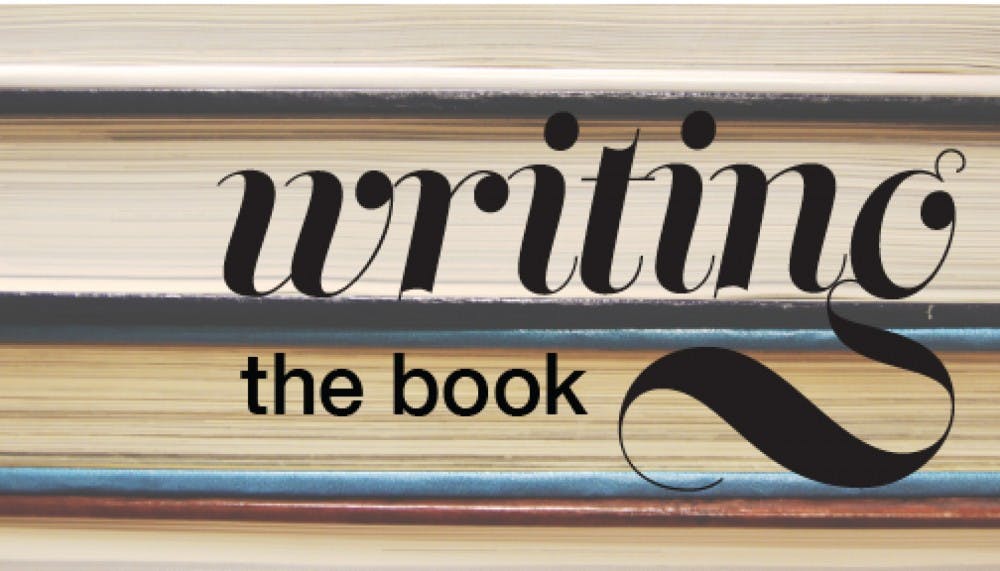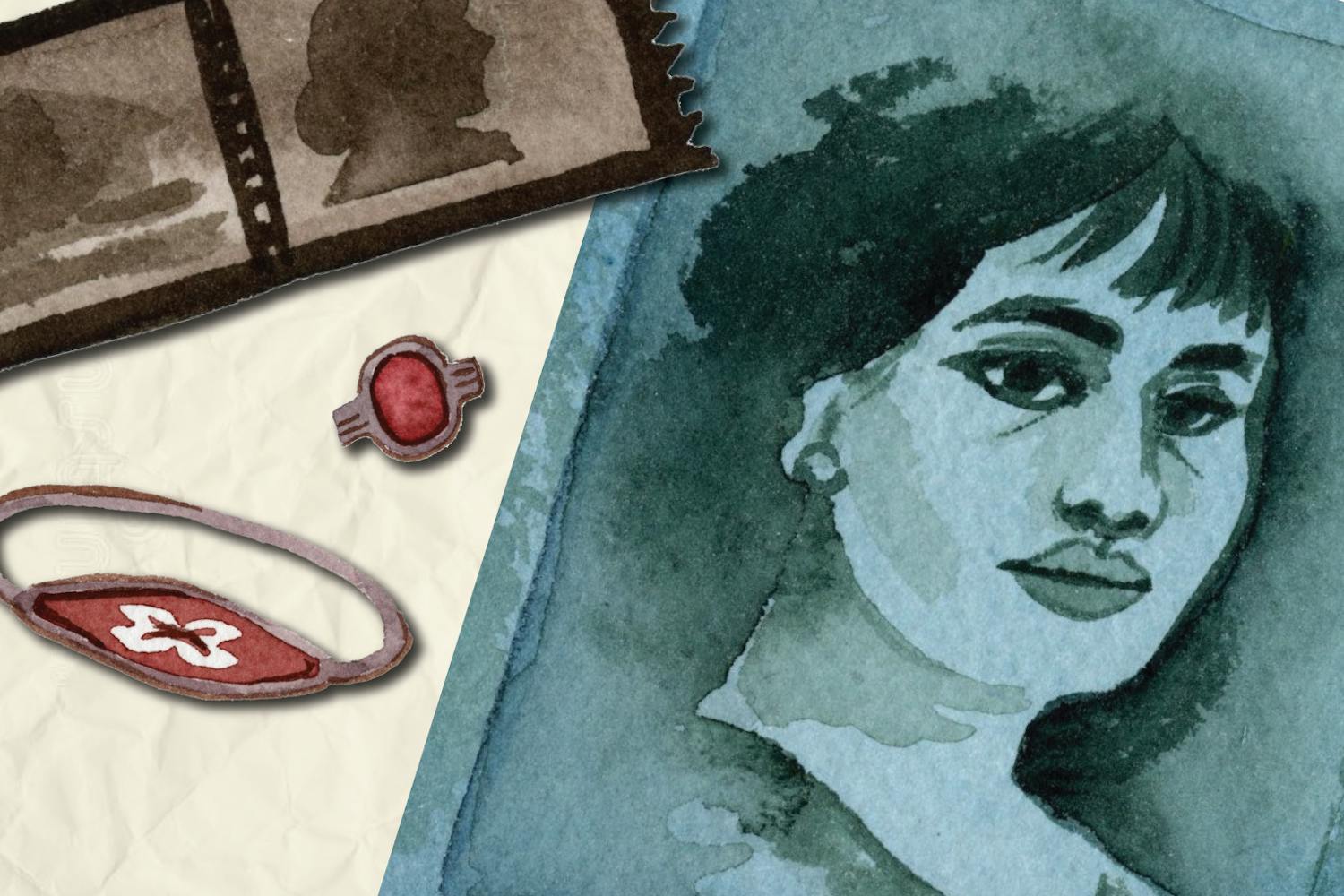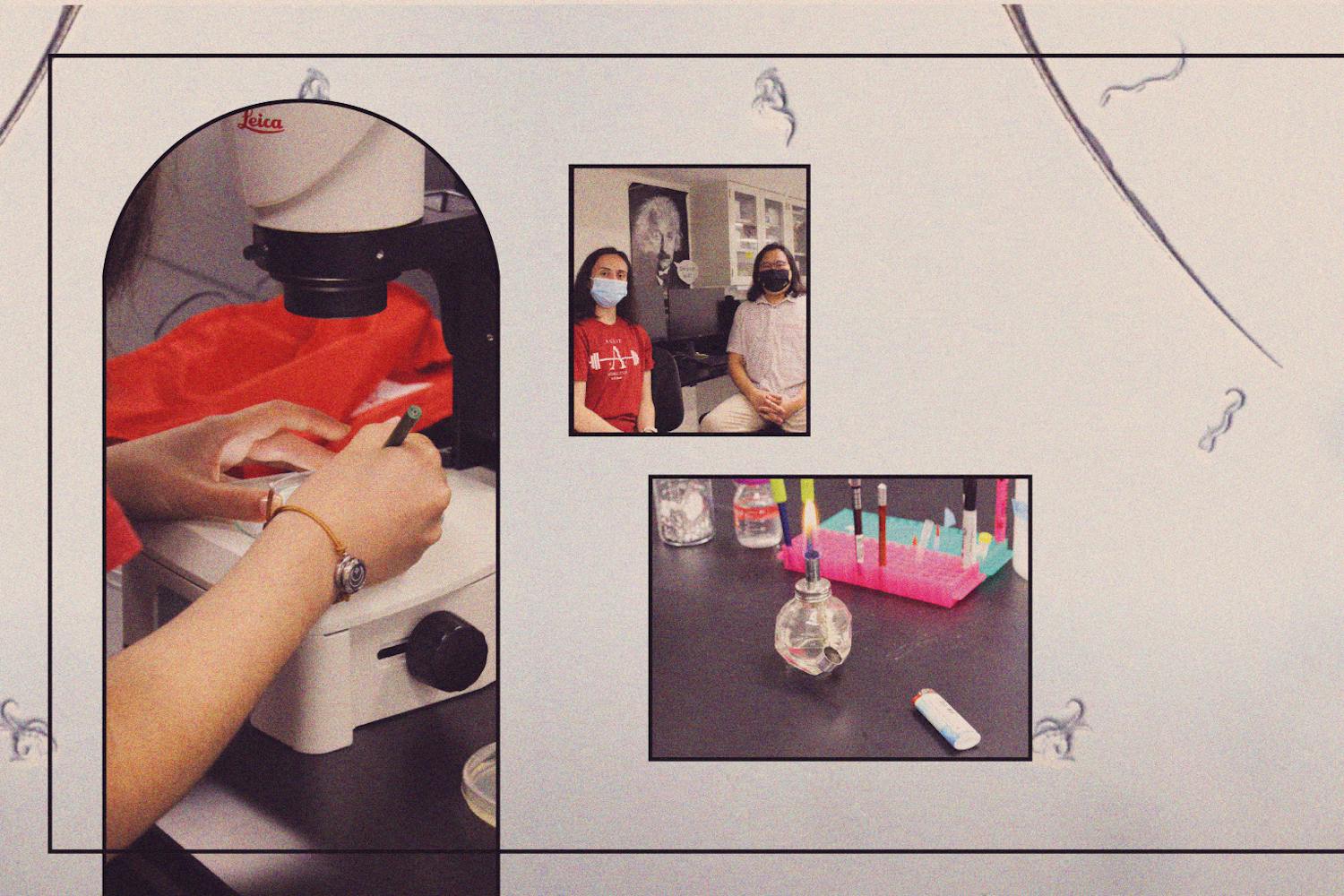While it may seem like ASU faculty spend the majority of their time critically grading papers and writing unfeasible exams, many professors are making great advancements in their respective fields and publishing books to share their findings.
Dr. Ben Minteer, an environmental ethics professor at the School of Life Sciences, has authored two books, edited four and is currently working on three more.
“The first couple of books that I put out were edited books,” Minteer says. “One focused on the intersection of environmental ethics, which is a field about how we should value nature and politics.”
Minteer has been teaching at the university for twelve years, which he says sparked his interest in authoring a publication.
“The topics that I explore in my environmental ethics class –about the wilderness, cities and sustainability led me in this direction that humans are changing and things are becoming more dominant,” Minteer says.
Environmental ethics is a dynamic course and Minteer wants his syllabus to evolve with the issues. His most recent book, After Preservation, discusses the new phenomena of Anthropocene, a controversial discussion in environmentalism.
“[Anthropocene is] the idea that the human species has an inordinate impact on the planet so that we’re almost a geological force now,” Minteer says. “With my large environmental ethics class, I’m constantly updating it and changing it and hopefully improving it. It’s a course that evolves as the issues evolve.”
Although it may be controversial for a professor to advocate their own publication in a course, Minteer has positive intentions.
“Historically, I’ve been a little reluctant to use [my books] in class because I find that students don’t know how to respond to it and think ‘can I be critical of this? Is he or she going to be mad at me?’” Minteer says. “I don’t have as much a problem of assigning edited books because…usually it’s an anthology of many other [authors]. This fall, I’m actually using my most recent book, After Preservation, in my environmental ethics class. I also feel good about that because all of the royalties of that book go to an environmental nonprofit. It’s good for them, it’s good for the press and hopefully the students get something out of it.”
Other professors, such as Dr. Adela Grando, have published books to expose revolutionary aspects in their field. Grando is an assistant professor at the College of Health Solutions as well as an assistant professional at the Mayo Clinic in Scottsdale. Her most recent publication discusses patient empowerment, an innovative idea in health care.
“I wanted to address this area –a very novel, very invigorating area that is patient empowerment in health care,” Grando says. “I [saw] that there were no books in this area –I was always struggling to find relevant information, so I thought it would be a great idea to bring together a lot of people who can discuss this.”
Considering this subject is still very new, Grando says she wanted to make the concept public.
“In particular, I wanted people to discuss what has been achieved and what remains to be done –what is the big challenge,” Grando says. “That is something that interested me a lot –the new direction, the new trends, the things that we have to focus on for people who work in this field.”
Some professors have written books simply based on their interests and research. Dr. Mary Romero, a professor at the School of Social Transformation, has published many books regarding domestic labor.
”I’ve been very interested in care work, paid domestic labor,” Romero says “It’s a very important issue with race and gender and class and it captures the dynamic about the way people play with their relationships out in their daily lives.”
Romero is a justice studies professor at ASU and has been teaching for twenty years. She has authored two books which discuss domestic labor in the United States.
Professors at ASU have also been known to write books based on their courses. Dr. Gregory Castle of the College of Liberal Arts and Sciences has written books analyzing modernist novels. He uses his publication, Using Literary Theory Handbook for his class called Introduction to Contemporary Theory.
“Theory has become so complex and is so difficult for the average student to get a handle on it,” Castle says. “I thought we needed a book that (has), all the tools you would need for kind of a basic introduction to a wide variety of degrees. My intentions here were less as a scholar than as a teacher.”
Castle has a degree in British and Irish literature and uses his book as “a primary text to introduce students to a world of modern literary theory.”
“I’m not sure students know that most of their professors are writing articles or books,” Castle says. “It is part of their job and by writing these articles and books, we are directly informing our classroom experience."
"What I write as a scholar is tied very directly to what I do as a teacher so students get the benefit from that."




